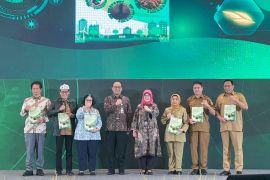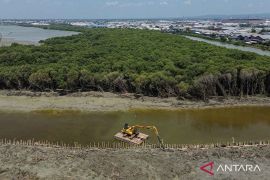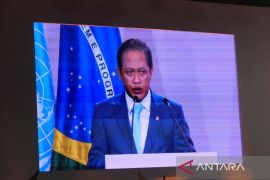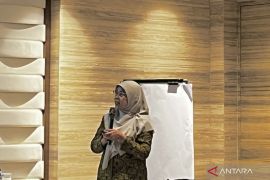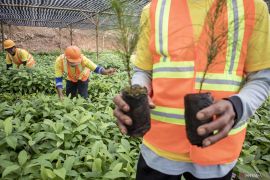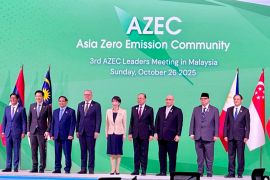The economic capacity of developing countries is naturally lower than that of developed nations. It is not surprising that they have lower fiscal and monetary capacity.Jakarta (ANTARA) - The world needs climate-related investment of US$125 trillion to achieve net-zero emissions by 2050, lead co-chair of Think 20 (T20), Bambang Brodjonegoro, has said.
The figure is based on data from the United Nations Framework Convention on Climate Change (UNFCCC), he informed at a webinar on T20 Indonesia, accessed from Jakarta on Thursday.
The investment includes an annual investment of US$32 trillion in the six main sectors that accounted for one-third of the global gross domestic product (GDP) in 2021, he said.
The six sectors are electricity, which will require an investment of US$16 trillion, transportation (US$5.4 trillion), buildings (US$5.2 trillion), industry (US$2.2 trillion), low emission fuels (US$1.5 trillion), agriculture and other land use (US$1.5 trillion).
However, there is a wider gap between the financing capacity of the green economy in developing countries and developed nations, Brodjonegoro noted.
"The economic capacity of developing countries is naturally lower than that of developed nations. It is not surprising that they have lower fiscal and monetary capacity," he said.
In fact, the COVID-19 pandemic whose handling has required a great deal of financing has worsened fiscal and monetary capacity, he said.
Many low- and middle-income countries, which are committed to cutting carbon dioxide emissions, often have limited fiscal space and binding external financing obstacles, he added.
Before the COVID-19 pandemic engulfed the world, low- and middle-income countries spent a great deal of funds on reducing carbon dioxide emissions on a large scale at the expense of other important long-term economic development projects such as those related to basic infrastructure, school buildings, and hospitals, he pointed out.
"COVID-19 has increasingly worsened fiscal obstacles faced by low- and middle-income countries," he said.
Thus, collaboration among countries is sorely needed to address the challenges to mitigating climate change, he added.
Related news: Dire need to look for alternative energy sources during transition
Related news: Adopting renewable energy for future of Indonesia's economic growth
Translator: Agatha Olivia V, Suharto
Editor: Rahmad Nasution
Copyright © ANTARA 2022

